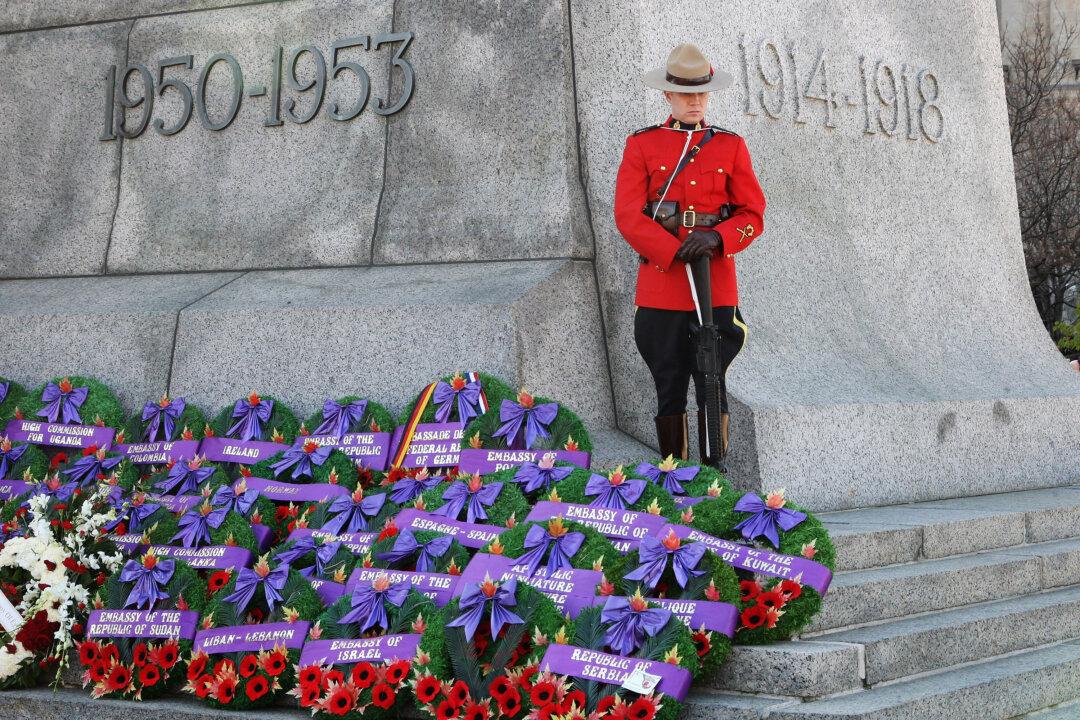Commentary
There are many reasons why it’s important to observe Remembrance Day in Canada. Some of it is historical. Some of it is about what is happening on our streets right now. The reasons to observe November 11 keep growing.

There are many reasons why it’s important to observe Remembrance Day in Canada. Some of it is historical. Some of it is about what is happening on our streets right now. The reasons to observe November 11 keep growing.